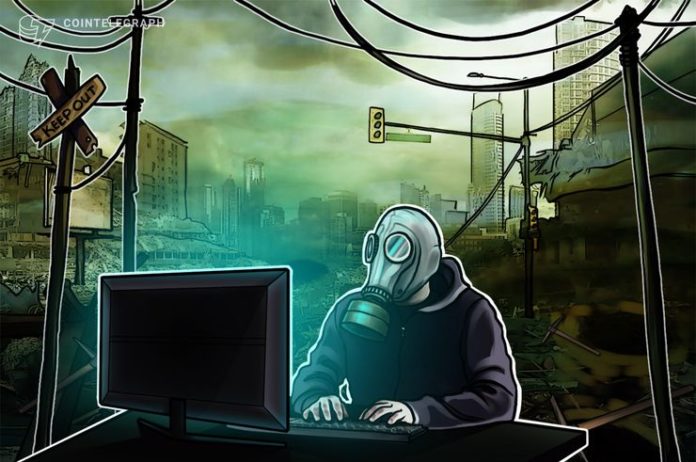
A developer known as “Daniel Jones” on Twitter claims to have completed a solar-powered, off-grid crypto transaction using shortwave radio and blockchain, The Next Web reports Tuesday, September 18.
The project was reportedly devised in response to the CallForCode challenge, which challenges tech innovators to improvise with existing tools in order to find relief solutions for natural disasters.
The off-grid transaction was completed on the open-source blockchain network ‘Burst’ and involved just a portable hard drive, a solar battery pack and a shortwave radio, as one of the project devs revealed in a Tweet September 15:
“It is with great honor I present to you the first $burst radio transaction. Solar powered, mesh net, and on chain. https://explore.burst.cryptoguru.org/transaction/17490887355364942154”
The developer – known as Daniel Jones on Twitter or nixops on reddit – has dubbed the project “Proof-of-Life,” and explained that it entails a simple, verified wallet-to-wallet transaction or message designed to confirm someone’s survival in cases of extreme danger or catastrophe:
“[The] transaction… was a multi factor verification of Proof of Life…. during a disaster… there could be cases where you may need to verify [that] someone is who they claim to be but without being able to see them …. the wallet was assigned to someone who sent a transaction with the fee to show the target wallet they were “alive”. This gives us some levels of certainty, wallet seed, target wallet known, and amount + fee or message content.”
Jones added that “in a war torn environment you may not want to disclose location, [so] in this case I can still deliver a message and not disclose [it but nonetheless] notify my loved ones that I am ok[ay].”
As Jones has emphasized, the use of amateur radio requires a license from the FCC, and the developer chose not to disclose the licensed operator that enabled the experiment.
As previously reported, the use of crypto to serve humanitarian relief has been recognized by agencies including UNICEF, which this year appealed to PC gamers to use their powerful processors to mine Ethereum (ETH) and generate earnings to be donated to children in war-torn Syria. In January 2017, UNICEF also presented “Donercoin” at London Blockchain Week, a blockchain-based program aimed at creating transparency in global aid by digitizing donations.

Cointelegraph.com is author of this content, TheBitcoinNews.com is is not responsible for the content of external sites.
Our Social Networks: Facebook Instagram Pinterest Reddit Telegram Twitter Youtube










